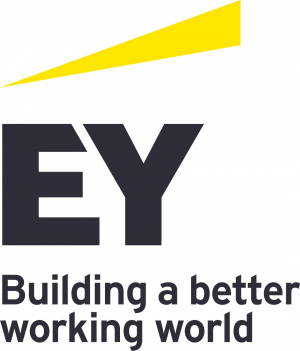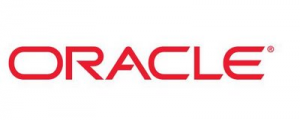Managers are risking criminal prosecution in the drive for higher profits
1.06.2012Company: EY
► There is a worrying increase in the number of managers willing to pay a bribe in order to win business
► The Czech Republic comes third in Europe as far as tolerating bribes is concerned
► Czech managers underestimate the risks linked with fraud and corruption during acquisitions
► Rewarding whistleblowers is no longer taboo – two thirds of Czech managers would welcome financial incentives for whistleblowers
According to the Ernst & Young global survey of attitudes to fraud and corruption, 15 % of the senior executives of leading companies questioned would be willing to pay a bribe to win business. The figure is 13 % higher in the Czech Republic. More than a third of respondents are convinced that corruption is widespread in their country. Czech managers are significantly more sceptical, with as many as 80 % of respondents seeing corruption as widespread. However, there may be some self-delusion at play here, since only 12 % concede that there is corruption in their own sector. The survey shows that top company bodies are not sufficiently prepared to confront the risks linked with fraud and corruption. Furthermore, those questioned do not believe the authorities are capable of seeing through prosecutions to the end, i.e. punishing the guilty party.
“From the replies given by managers it seems that company growth and business ethics are two priorities at odds with each other at present. It is clear that the competitive struggle is often being fought outside the rules of fair play,” says Magdalena Souček, Country Managing Partner, Ernst & Young, Czech Republic. “Our survey shows that many managers underestimate the risk to the company when, for instance, acquiring firms or expanding into new markets. Boards should demand more thorough management of the risk of fraud along with control mechanisms ensuring compliance with ethical standards.”
This year’s survey was conducted among more than 1,700 CFOs and heads of legal, compliance and internal audit, along with other senior executives from 43 countries. Face-to-face interviews were subsequently held with senior executives of blue-chip companies to discuss these findings and their own efforts to mitigate these risks.
Though a global phenomenon, corruption is most widespread in rapid-growth markets. Bribes are most likely to be paid in Indonesia (60 %), Greece (50 %) and China (46 %). In Europe, Greece has the dubious honour coming top (50 %), followed by Belgium (34 %) and the Czech Republic (28 %). The CR is followed by Colombia (27 %), Poland (27 %) and Ukraine (26 %).
The deliberate misreporting of financial statements is a significant risk in many countries, with as many as 15 % of respondents from the Far East believing that “tweaking” the accounts is justified. Financial misreporting is most prevalent in Vietnam, where more than a third of managers (36 %) owned up to it, followed by India, Indonesia and Japan. In Europe, the survey shows that this practice is most likely to take place in the Netherlands, Belgium and France, Czech managers claim that they would not knowingly cook the books under the pressure of financial indicators.







